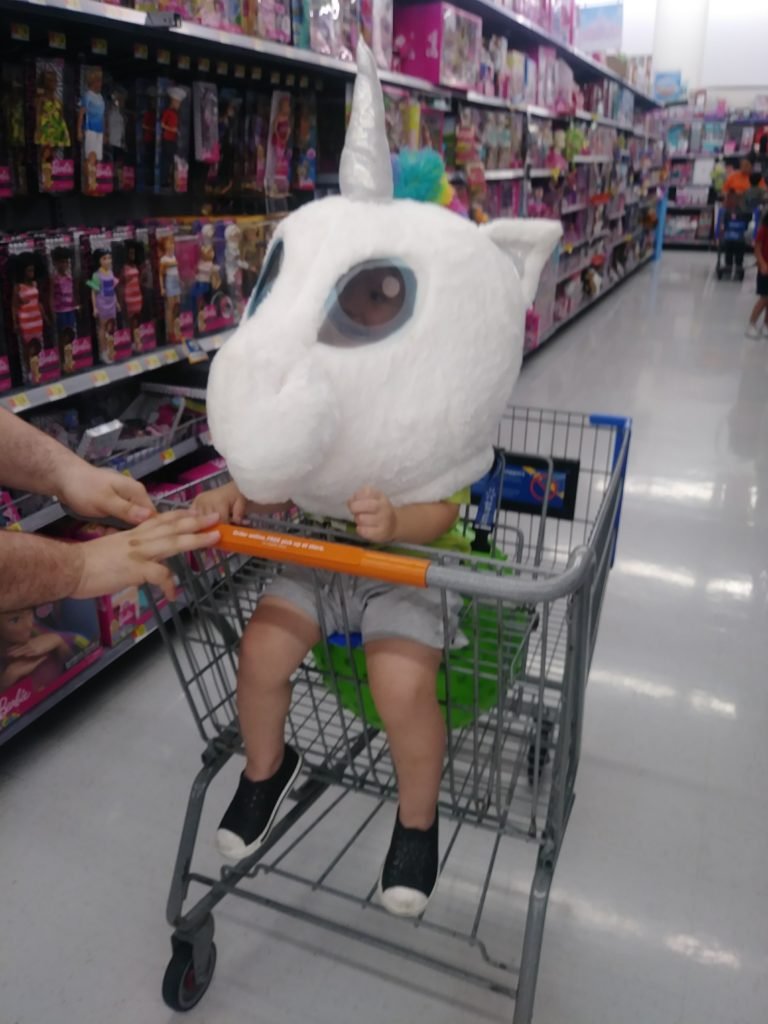
If you have read any of my previous posts, then you already know that my life is surrounded by the sounds of three kids running around, fighting with each other, and trying to crawl into my lap before one of the others has a chance. In my house, we don’t use the word “step” for anything other than walking…technically, though, two of them are bonus kids that I acquired through marriage. One of them is a vibrant, fearless two-year-old boy. Quite frankly, he is actually one of the best communicators that I know. You may think that I’m kidding, but I’m really not. The irony is that his vocabulary right now only consists of about 75 words.
Many people don’t understand that communication has very little to do with the words that you speak. Non-verbal communication – body language, tone of voice, etc. – is far more relevant that verbal. Knowing this can make all the difference in how you approach people. I mean, the point of communicating is to reach a goal, right? Make the sale. Clear the air. Teach a new concept. But if your communication skills absolutely suck (and honestly, most people have very limited skills in this), then you’re not reaching your goals. So, to help you reach those goals, I’m going to give you some tips from a toddler on solid communication:
- Talk with people, not at people. Talking at people – just talking in the direction of another human, hoping that the information is being absorbed – seems to be a learned behavior. Kids don’t do that. They don’t know how to comprehend being ignored (even if parents sometimes wish they understood). My son wants to tell me the entire story behind his toy lion and toy hippo attacking each other. Kids want to be heard and, believe it or not, they want to listen (in that moment, anyway).
- Wait for a response. My little man does not just say something and then walk off. He waits for a response so that he knows you heard him. Of course, he also wants to make sure that you are getting the blanket or toy or whatever else he may have asked for. It is absolutely important, no matter who you’re talking with, to wait for a response. You never know what you may miss when you stop listening.
- Repeat yourself when needed. Okay, you may not want to take it to the extremes that he does. Even after hearing “okay,” he often continues to repeat himself. But at least he’s thorough! Make sure that the person you’re speaking with understands your point. If not, be willing to repeat (and reword) so that your point is clear. But be careful not to over-explain. If the person you’re speaking with does understand, STOP TALKING. An innocent attempt to be clarify can unintentionally come off as condescending.
- Be firm in the word “no.” Do not – I repeat, DO NOT – run up to someone, scream “NO” in his face, and then run away. You’ll go to time out for that… or get physically attacked, since you’re an adult. However, if you understand the consequences of your refusal and you choose to accept them, then don’t back down. Be strong and powerful in what you say, even if someone else doesn’t like it. Be your own advocate.
- Make eye contact. This kid doesn’t just start babbling about something while staring at his toys. He will bring his ball to me, show it to me, and ask me to play. He will hand me his cup and say “water, please” while looking directly at me. He is very intent on getting that water and he wants me to know that he’s serious. This water is the most. important. thing. ever. Well, at least in that moment. Maintain eye contact and show that what you have to say has value – and that the recipient’s response is also important.
It’s amazing the things that you can learn from others when you pay attention. Sure, two-year-olds don’t have the emotional maturity to always be calm and clear in their communication. But we often forget that humans are in their purest form when they are children. Staring at a screen while mumbling “mm-hmm” is not an innate response. An inability to listen is not nature – it’s nurture. These things are learned reactions. Tap back into the kid within you and you may notice a change in what you hear and say. Just don’t start throwing your food when you don’t like dinner…




